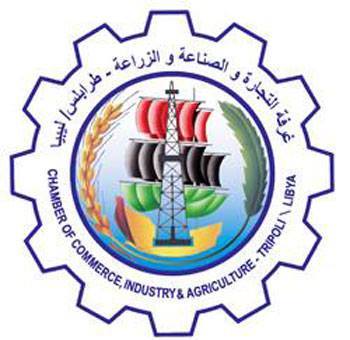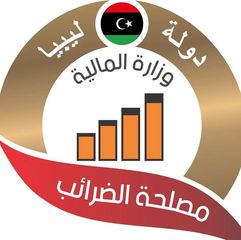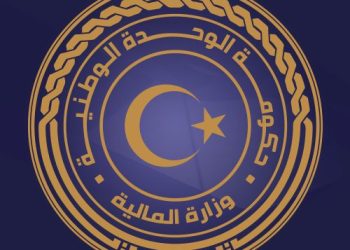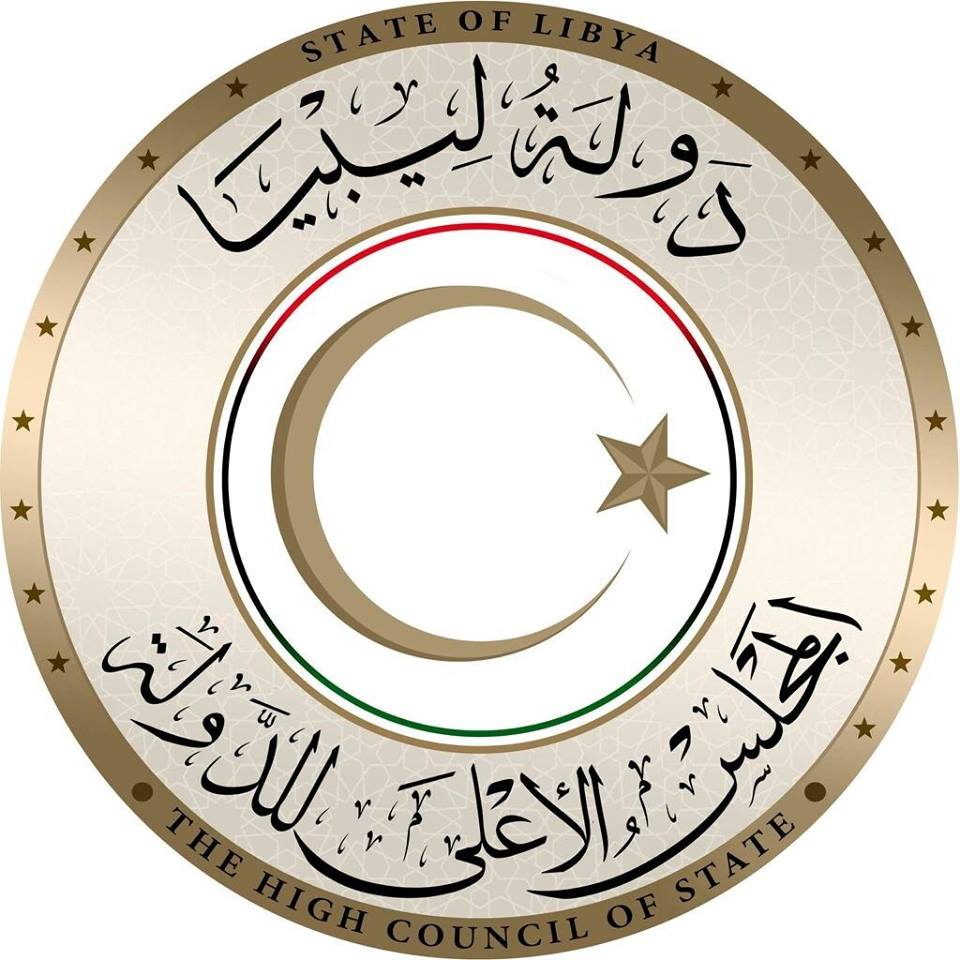By Sami Zaptia.

Tripoli, 4 September 2014:
The Central Bank of Libya (CBL) issued a statement Monday in which it warned that any . . .[restrict]interference in its independence and stability could offer adequate justification for international actors to freeze its assets.
The bank said that in view of the “repeated contacts it was receiving from various parties for loans and finance”, it will nevertheless abide by the professional standards in full compliance with the laws and regulations in force in order to serve the interests of the nation and its citizens while maintaining the credibility it has gained at home and among international institutions.
In view of the various demands for finance from various unnamed quarters, the CBL said that it considers itself “a trustee on the funds of the Libyan people” .
The CBL stressed the importance of its “independent role” at its standing at an “equal distance from all the competing political streams”, saying that it considers itself “the last line of defence” and the “bridge towards the shores of safety for the country”.
The CBL also said that it does not want to be put under pressure as a result of the failings of government policy. It highlighted the example of the Central Bank of Lebanon which despite the destructive role of the Lebanese civil war was able to remain “a red line” and able to remain stable and independent and lead Lebanon out of its crises.
A freeze on the CBL’s assets by the international community, it warned, would mean that the assets of the Libyan state would be managed by international parties, as was the case in 2011, and the resultant difficulty in unfreezing them would follow. The loss of control of Libya’s assets would lead to a loss of sovereignty, and would not be in the interest of the country and its security and stability, the CBL statement warned.
It will be recalled that the CBL Governor Saddek Elkaber has failed to turn up for questioning at the House of Representatives (HoR) in Tobruk, sending his deputy instead. The Governor has been seeking refuge in Malta for a number of months, away from threats and coercion from the various political streams and their militias.
This week the HoR officially called the CBL Governor in to Tobruk for questioning. It will be interesting to see what his response will be. Rumours that the CBL Governor has already been sacked have been denied by the HoR.
The British ambassador was due to hold a meeting with the CBL Governor in Malta reportedly to mediate with him.
The CBL Governor has found himself in an unenviable position – between the proverbial rock and a hard place – while attempting to keep a tight hold over the nation’s purse strings.
On the one hand, he has had to contend with a legislature (the GNC) and governments (of both Ali Zeidan and Abdullah Thinni) which had intended to spend their way out of the various political crisis that Libya had faced post the 17 February revolution.
This spending had taken Libya into an unprecedented deficit and threatened to wipe out its decades old reserves.
On the other hand, and after the 25 June 2014 HoR elections, the CBL Governor has found himself in the position of having to deal with two legislatures and two prime ministers and governments – one internationally recognized set in Tobruk and Beida and another, not internationally recognized, based in Tripoli.
It will be recalled that in July 2013 the Governor’s position had been advertised by the GNC, which sought to replace him. The move never took place. [/restrict]








